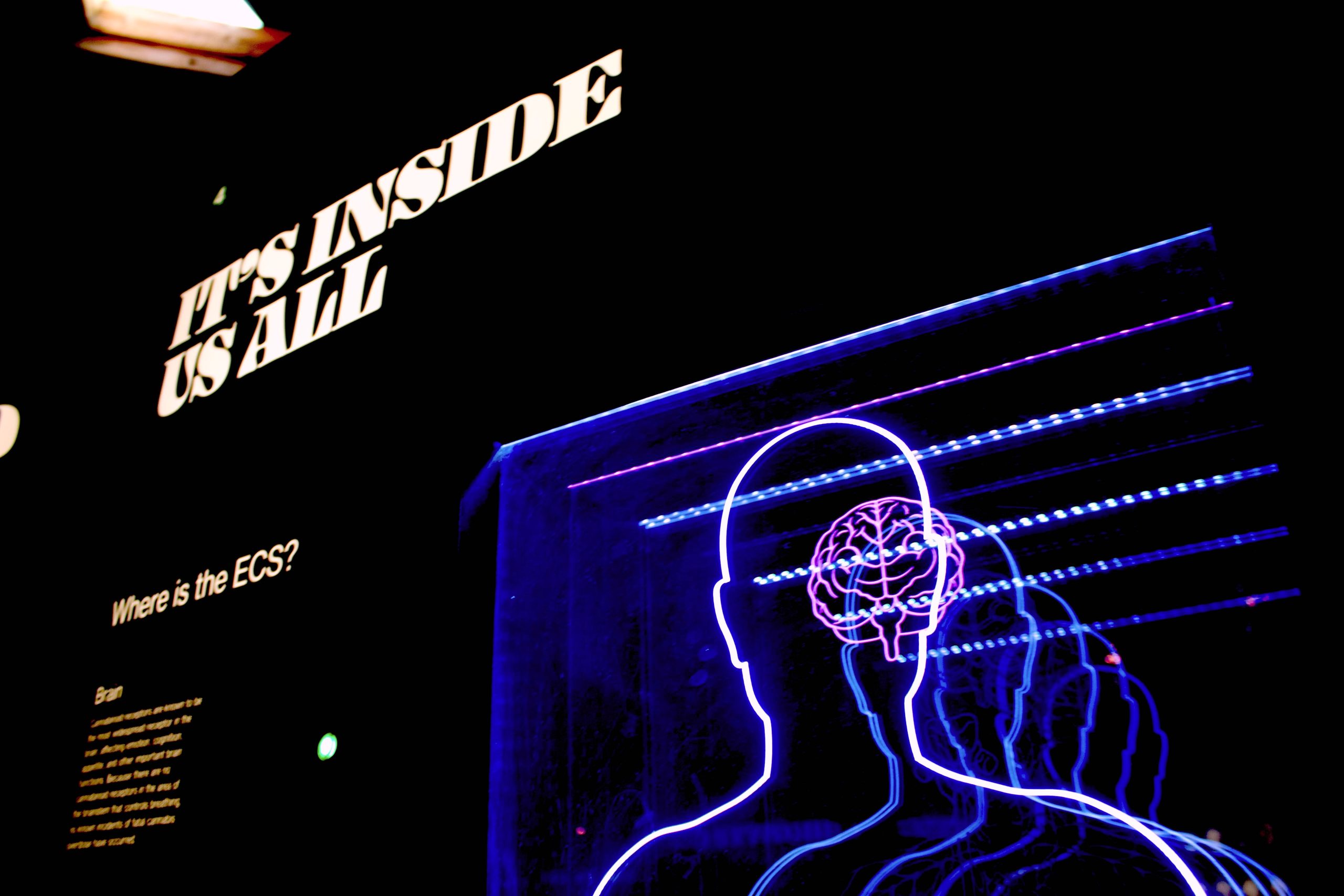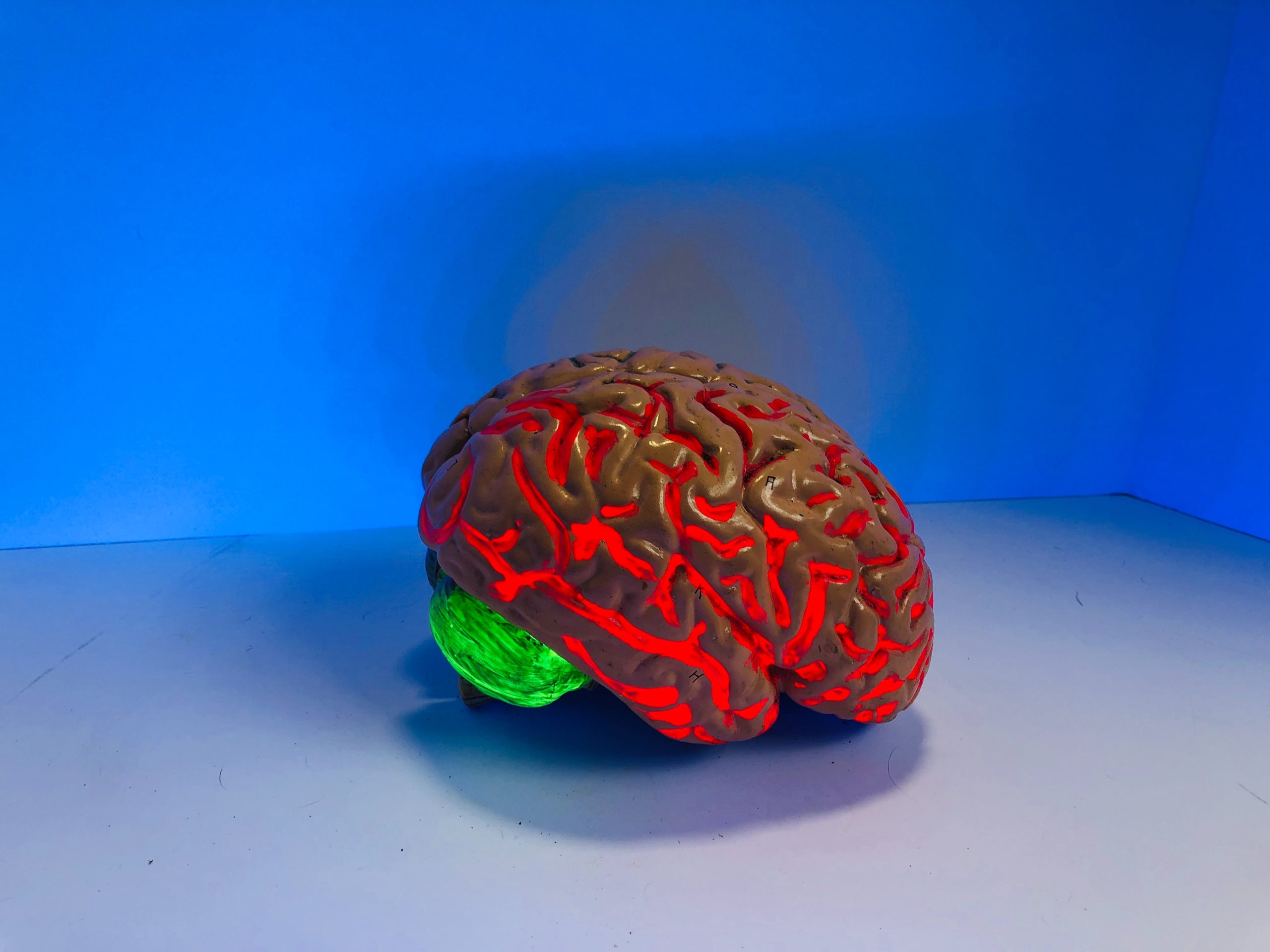
Researchers discovered Covid-related brain damage months after infection, including shrinking in size equivalent to a decade of typical aging in the region linked to scent. The changes were connected to a reduction in cognitive function. The findings show that the virus has a significant influence on the central nervous system.
More research is needed to determine whether the evidence from the Wellcome Centre for Integrative Neuroimaging at the University of Oxford indicates that Covid-19 will aggravate the burden of dementia and other neurodegenerative diseases, which cost an estimated $1.3 trillion in the year the contagion began.
The SARS-CoV-2 virus is usually regarded as a respiratory pathogen that infects the lungs. On the other hand, taking a restricted perspective of it misses a slew of neurologic consequences that manifest during the acute phase of the illness, such as confusion, stroke, and neuromuscular issues.
Other side effects, such as poor concentration, headaches, sensory abnormalities, depression, and even psychosis, can last for months as part of a symptom cluster known as extended Covid.
Neuroscientist Gwenaelle Douaud and team used the world’s largest magnetic resonance imaging database to analyze alterations in the brain. They looked at alterations in the brains of 785 UK Biobank participants (aged 51—81) who had their brains examined twice, including 401 cases who tested positive for SARS-CoV-2 infection between their two scans, with an average of 141 days between diagnosis and second scan, and 384 controls.

Comparing the two groups, the researchers found significant differences in grey matter thickness and tissue contrast in the frontal lobes of the brain (orbitofrontal cortex) and parahippocampal gyrus, changes in tissue damage markers in the regions functionally associated with the primary olfactory cortex, and a reduction in overall brain size.
A subsequent scan was taken about 38 months later. Between the two time points, the infected participants showed a greater average cognitive deterioration.
After eliminating the 15 individuals who had been hospitalized, these imaging and cognitive long-term effects remained.
These primarily limbic brain imaging findings could indicate in vivo hallmarks of illness progression via olfactory pathways, neuroinflammatory processes, or sensory input loss due to anosmia.
Whether or not this negative impact can be partially reversed, or whether or not these consequences will last in the long run, has to be researched further.
According to Joanna Hellmuth, a neurologist and assistant professor at the Memory and Aging Center, University of California, the research underlines growing evidence that brain-based alterations can occur following a SARS-CoV-2 infection, even in people who did not require hospitalization.
Future research attempts will help to understand if these alterations are clinically meaningful, and linked to specific neurological disorders following Covid.
